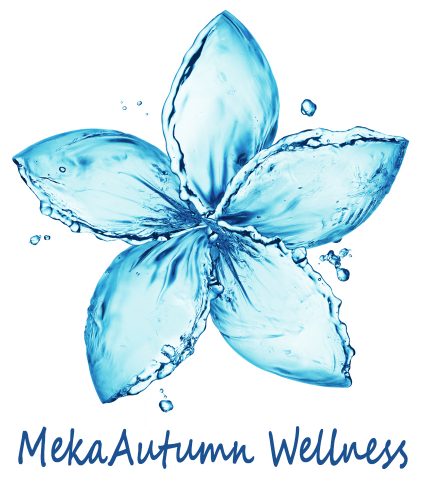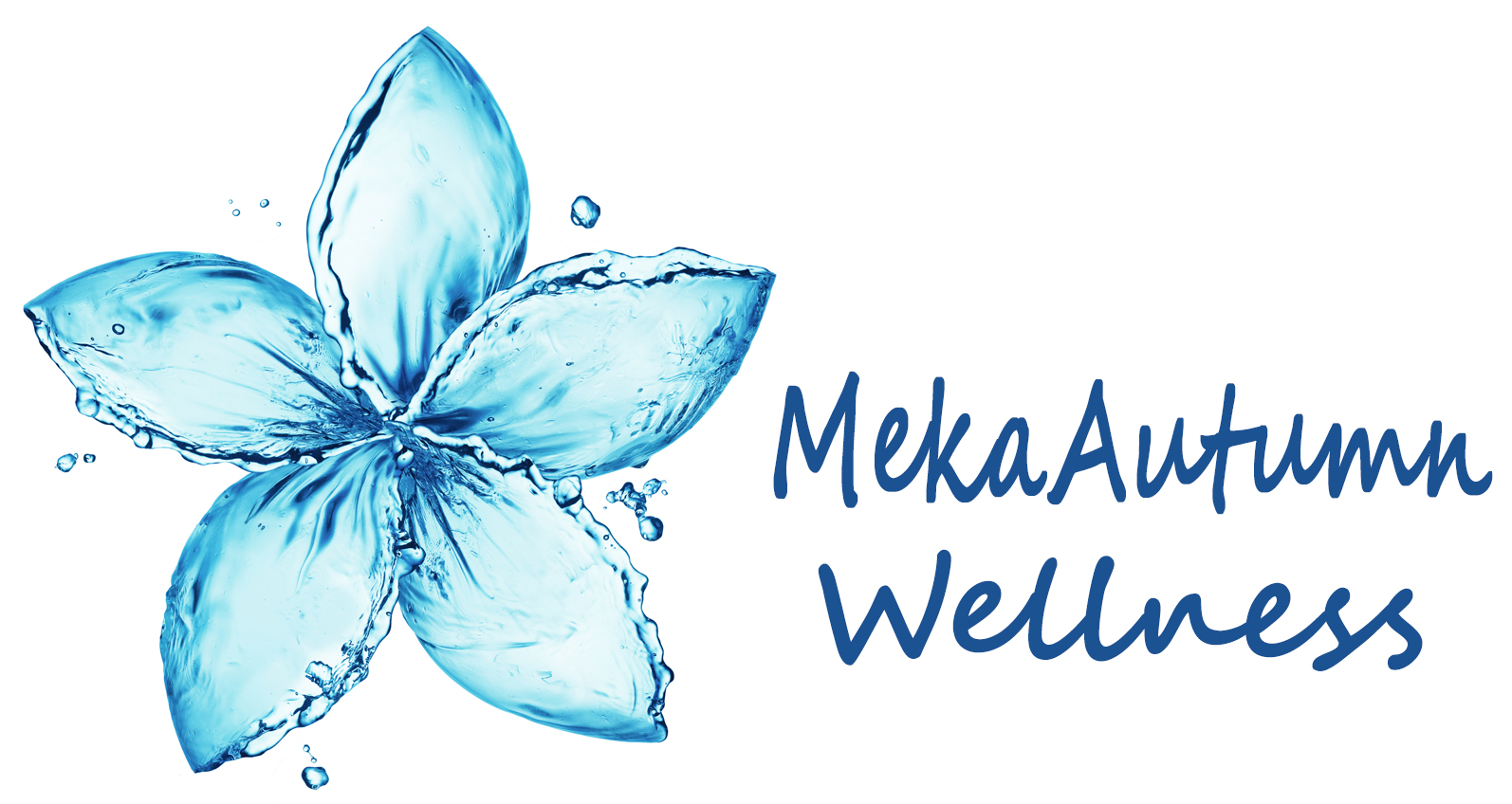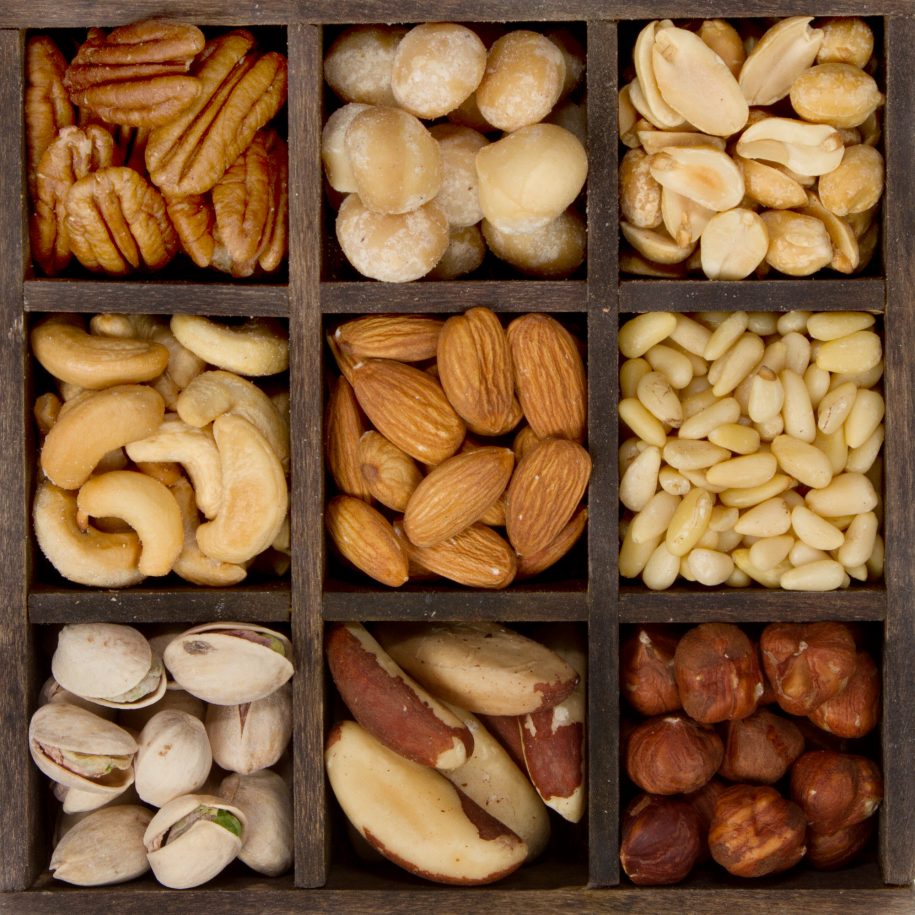Protien
Written for the International Laser Class Association
Meka A Taulbee,CHHP, ACE-CPT, CHN,CSNC
Holistic Health Practitioner
SailFit, Inc
Protein?
Protein helps us repair, maintain and grow muscle mass. Proteins are made up of amino acids. A healthy adult needs 20 amino acids, 9 that the body cannot manufacture and 11 that the body can manufacture. However when the body is under stress such as illness, prolonged exercise or injury the body has trouble making sufficient amounts of the 11 amino acids that we naturally produce. It’s our job to provide the body with sufficient amounts of those amino acids so that we can perform at our top levels. Most commonly people eat animal proteins to achieve this. I think that we can take our athletic performance to another level by only consuming plant based proteins. Did you know that plants have protein? Where do you think the cow’s get their protein from?
Proteins are digested starting in the mouth then to the stomach and the small intestine. The standard diet contains many fast foods, sugary foods, dairy and meat that are taxing on the body to digest. After years or even days of this type of eating stagnation starts to develop in our digestive system. It’s like trying to sail through seaweed. When the body is taxed by digestion it cannot work towards repair and recovery. Athletes need quicker muscle recovery. The quicker the recovery the better the body is able to conserve energy. The sooner the body recovers the sooner you can train/compete at the same level.
By eating plant based whole foods this can easily be achieved. The body will not have to spend as much time on digestion and can spend more time on repair and growth of muscles. Eating this way will also easily allow you to meet fat and carbohydrate requirements needed for fuel and to keep muscle glycogen stores up. It’s a win-win. It’s finding the balance of protein carbohydrate and fat that is a very delicate balance for each individual. There can be no steadfast rule but only a guideline as each of us has a different constitution and needs for our bodies to work at optimal levels. This is something that will take a bit of experimenting.
Since we are focusing on protein, protein requirements are often expressed as a percentage of total daily calories. For example the Zone diet which suggests a 40-30-30 guideline. Forty percent daily calories from carbohydrates and thirty percent daily calories from protein and fat. The problem here is that if caloric intake is too low/high it can lead to skewed protein intake values. High protein diets often provide insufficient carbohydrates needed in order to replenish muscle glycogen. This can lead to dehydration. In order to avoid these situations I think it’s better to look at how many grams per kilogram of body weight per day. The RDA recommends between 0.8 -1 g/kg/daily. Studies have now shown that the recommended protein amount for endurance athletes to stay in positive nitrogen balance to maintain skeletal muscle is between 1.2 to 1.4g/kg/day.
So what do you eat?? I see a lot of sailors using protein powders to make up their on the water and recovery nutrition drinks. Most of these are made of Whey. Whey is a form of dairy that is very acid forming therefore inducing inflammation. You want to look for alkaline forming options which will keep the body in a healthier state and reduce inflammation. This can be found in a plant based protein. There are many on the market. There mixed plant proteins or just pea protein or rice protein. All of these are easily digested by the body. Of course foods like legumes and nuts are obvious protein choices. Some plant based foods that you may not expect to have high protein content are:
- Broccoli, Kale and Romaine lettuce have 11.1g, 6.2g and 7.2g, respectively, per 100 calories as opposed to steak which has 6.5 g per 100 calories.
- Cous cous has approximately 3.8grams per 100 calories.
- Quinoa is 11g per cup
- Spirulina is 6 g per 10 grams
- Hemp is 11 grams per 30 grams.
- Oatmeal is about 14 grams of protein per 1 cup.
There are many vegan/vegetarian endurance and strength athletes who compete at high levels.
- Carl Lewis, 9 times Olympic gold medalist in Track and Field,
- Martina Navratilova, Tennis, Winner of 59 Grand slam titles,
- Murray Rose, Australian Olympic swimmer winning 6 Olympic Medals and setting 15 world records
- Bode Miller, five time Olympic Skiing medalist at the winter games
- Rich Roll, Ultraman Competitor and the first man to compete in an Ultraman World Championship on a completely plant based diet.
- David Zabriskie- First Vegan Tour D’France competitor
The list is surprisingly long. It can be done you just need to make educated food choices. While this topic is a complex one I urge you to take a look at the benefits of plant based protein and your individual protein requirements. I am positive you will find a stronger faster you on the race course.
Meka is a Holistic Health Practitioner, Holistic Nutritionist, Certified Personal Trainer and Sports Nutrition Consultant with a specialty in Plant Based Nutrition. She has been training Laser sailors for over 16 years. To learn more visit Meka@sailfit.com.




